A Little Advice from Alotta Faculty
NOTE: This story was originally posted during prospective grad student visits in February 2021. We have updated and reposted it for our 2022 prospective students.
The Department of Chemistry has 21 labs hosting prospective graduate students this month, beginning with virtual visits on Friday, March 4 and continuing with in-person visits on March 18th and 19th. In honor of the season, we’ve gathered some faculty quotes drawn from our collection of faculty video interviews. We hope our admitted grad students will be inspired to watch the videos posted on our website faculty page. As one professor said (extra points for figuring out which one), deciding whom to pursue a Ph.D. with is “one of the most important decisions you’re going to make in your career. Do your homework.”
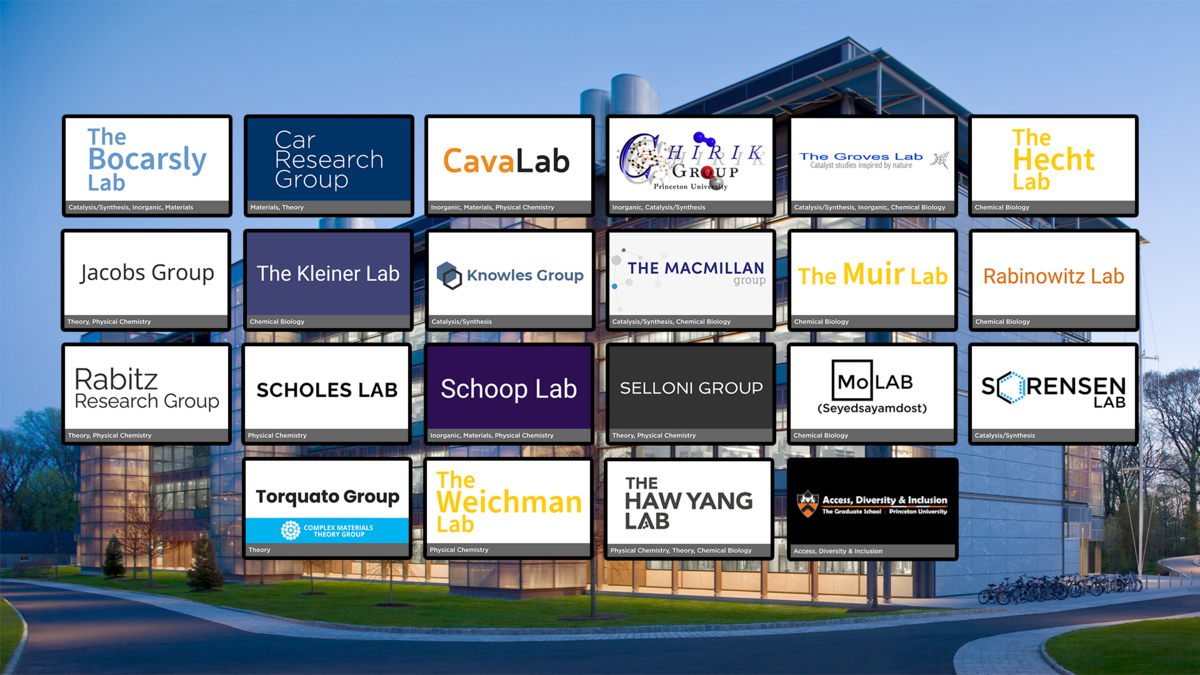
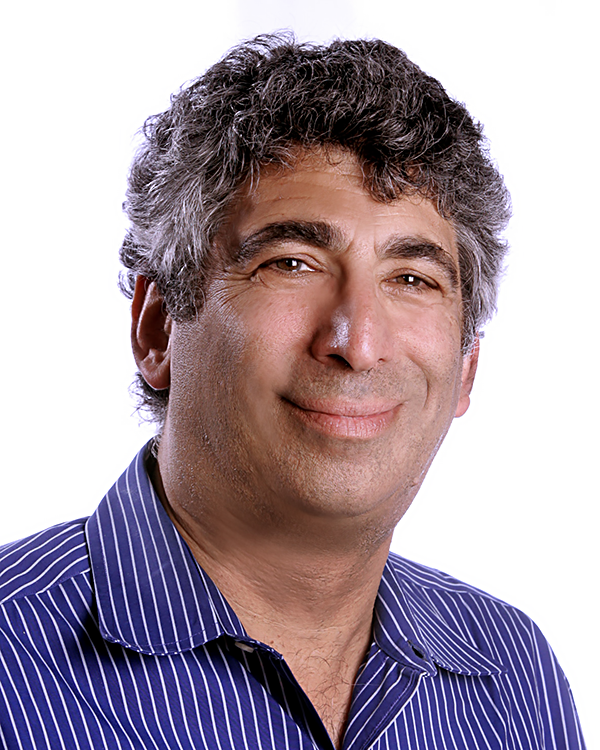
Bocarsly Lab, P.I. Andrew Bocarsly:
“My lab is a group of people who care immensely about each other, and they want to help and support each other. This means that when you’re faced with a knotty problem and you’re just out of ideas, there’s always a colleague there that’ll have a new suggestion, a word of encouragement, another attack on the problem.”
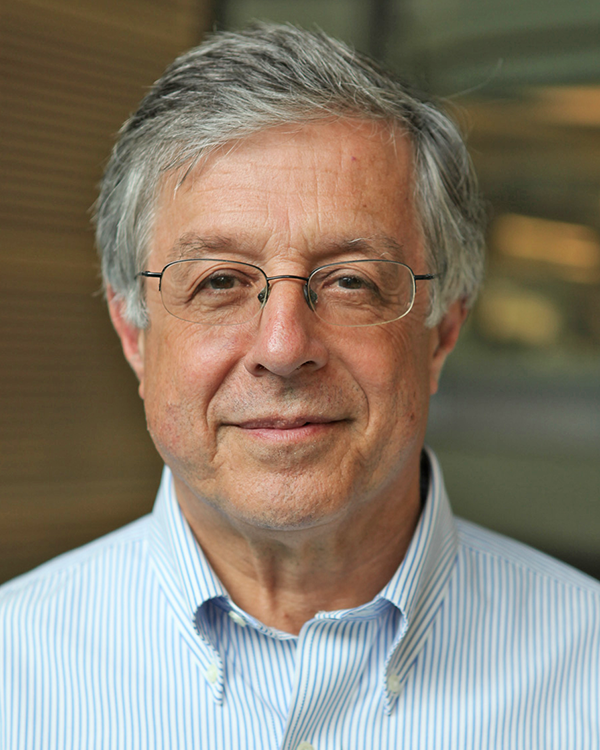
Car Research Group, P.I. Roberto Car:
“I’m interested in the intellectual challenge that a project can pose. So, if a student comes out with the idea of working on something I have not been working on but which seems to me an intellectually challenging and interesting thing to do, I try to leave a lot freedom to the student. I’m also interested in discussing and seeing how this can proceed.”
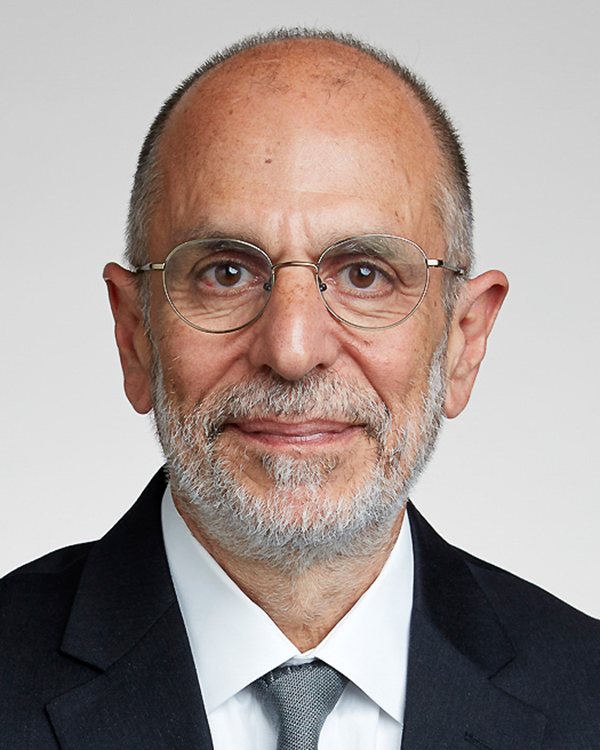
Cava Lab, P.I. Robert Cava:
“I have the best job on earth because somebody is paying me to explore the fundamental limits of scientific knowledge, and also I get to work with young people when it’s the most optimistic time in that person’s life. The whole world is in front of them. Anything you give them, they will take beyond your expectations.”
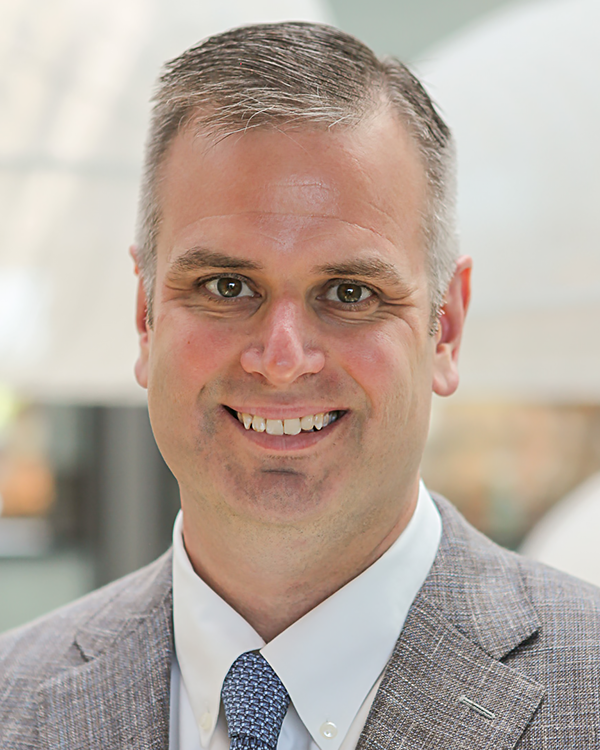
Chirik Group, P.I. Paul Chirik:
“Don’t worry so much about your background. As a student, I didn’t fall out of the sky and know how to make iron compounds. We learn these things. The path that has put you on track to come to Princeton gave you the skills you need to do the chemistry. It’s not that hard. And we’ll teach you. And we’re happy to teach you.”
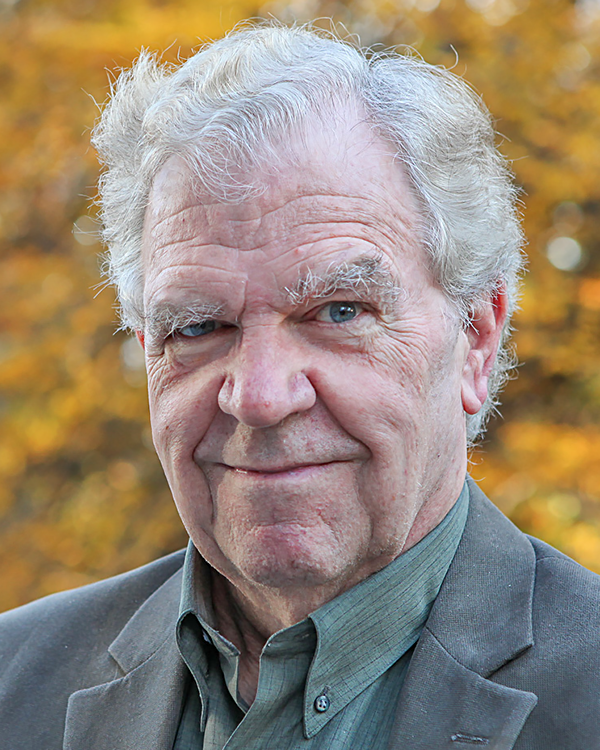
Groves Lab, P.I. John Groves:
“Success comes over a period of time – sometimes when we don’t even know what a reaction is doing. Sometimes you can get mystified by that, even a little bit disappointed that progress is not coming. But then, there is that eureka moment. Sometimes it’s just the eyes opening. Sometimes you stand up and jump around. It’s a great thing to recognize a student for an achievement.”
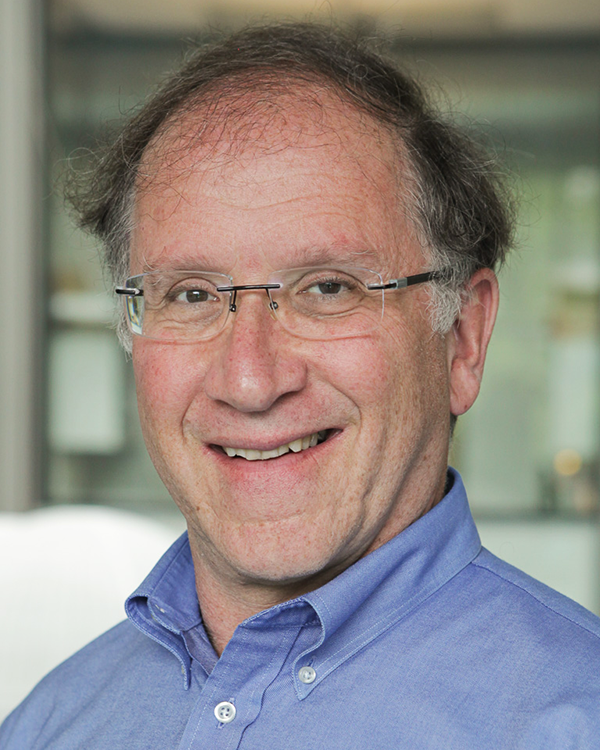
Hecht Lab, P.I. Michael Hecht:
“One of the really very unique situations at Princeton is the extent to which undergraduates work in the laboratory. They do real research, working next to grad students and postdocs. That’s also great for the graduate students, giving them a wonderful opportunity to be teaching and mentoring while they’re doing their own work.”
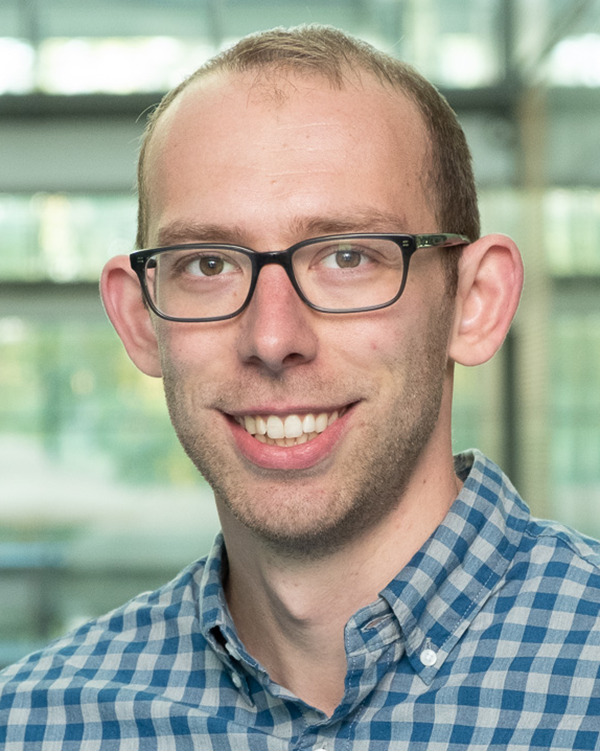
Jacobs Group, P.I. William Jacobs:
“I’ve been lucky to have advisors who’ve given me space to explore my own ideas and to ask my own questions, and fail occasionally, while still being given enormous amounts of helpful guidance. That is the type of mentorship that I strive to give my students, always giving them the ability to explore on their own while providing feedback through the entire process.”
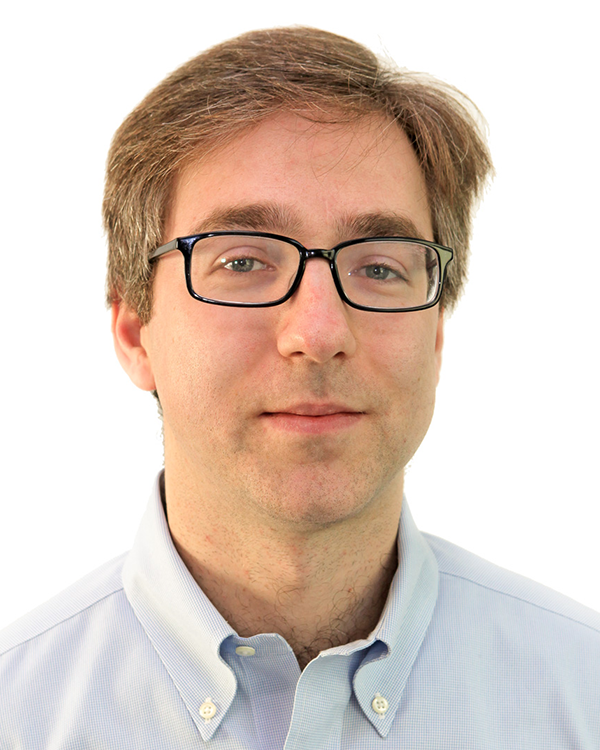
Kleiner Lab, P.I. Ralph Kleiner:
“Choosing the problem you want to work on is really one of the most important questions. One obvious necessity is that there has to be a clear reason why the scientific community would consider it worth pursuing. At the same time, it has to be something that somebody else is not doing. You want to be able to contribute new knowledge and new insights, or ask a question nobody has asked before.”
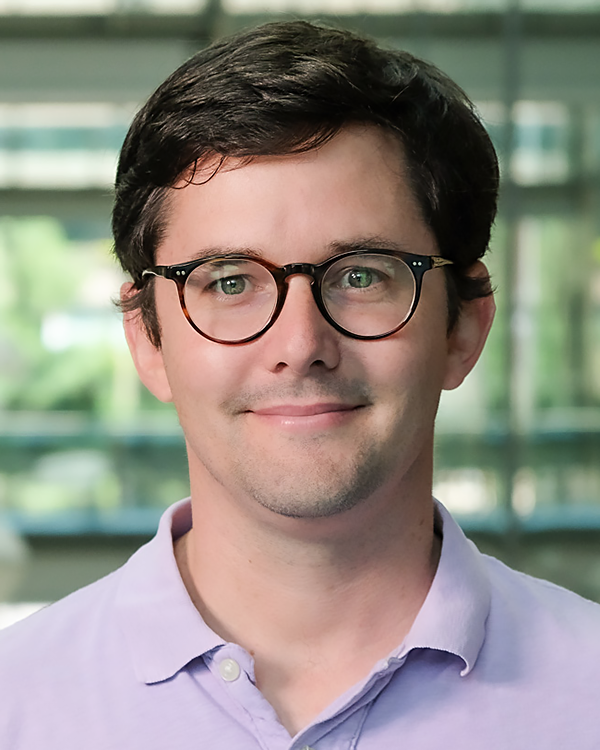
Knowles Group, P.I. Robert Knowles:
“The big goals in our group are in some ways conceptual. We try to solve entry-point problems: how do you get at the species or intermediates or reactive states that you’d like to be able to access, and there are constraints about how we traditionally do those things. If you can remove those constraints and figure new ways to enter into these problems, then it gives you all this downstream chemistry to solve.”
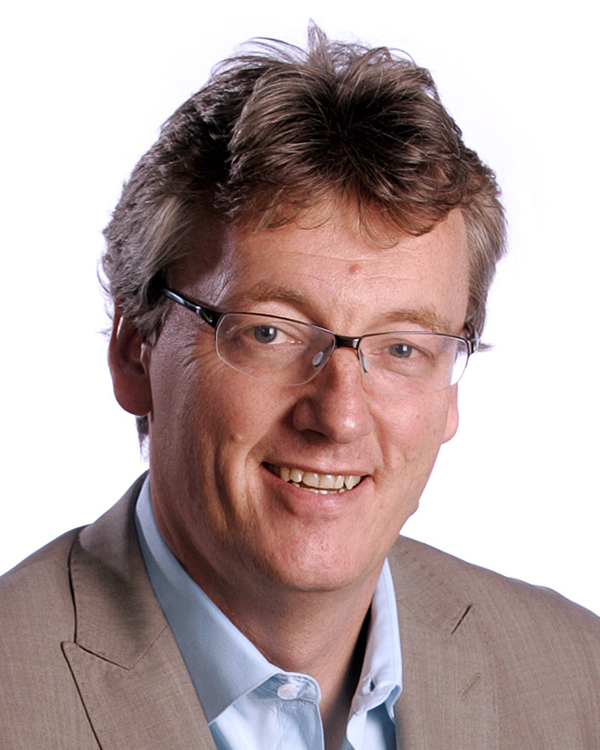
MacMillan Group, P.I. David MacMillan:
“I’ve always been a big believer in this idea of the wisdom of crowds. You can have the smartest person in the world, but if you can take a group of people who are really good and really happy, the group is always going to do better than the individual. I want my group to enjoy themselves. If you make the whole experience enjoyable, doing science is going to be the way doing science should be.”
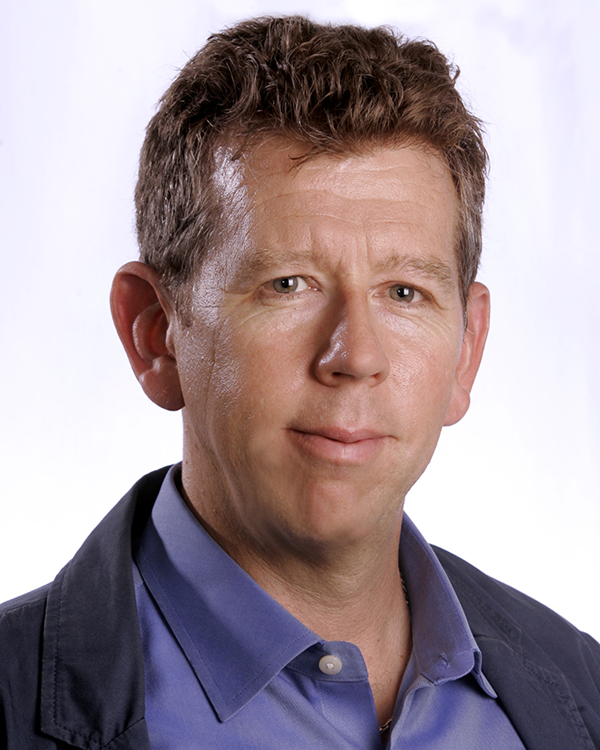
Muir Lab, P.I. Tom Muir:
“Graduate students are central to the whole academic research enterprise. We, the faculty, are so privileged to work alongside these talented young people, helping them as they charter their course. My main goal as a mentor is of course to help each student realize their potential and along the way, hopefully, instill taste in problem selection and how to approach this with rigor. In the end though, research is a very human experience, full of highs and lows, bewilderment and insight. I never tire of witnessing that moment when the planets finally align for a student, that point when they have put their time in and the universe gives back a little. Kind of magical.”
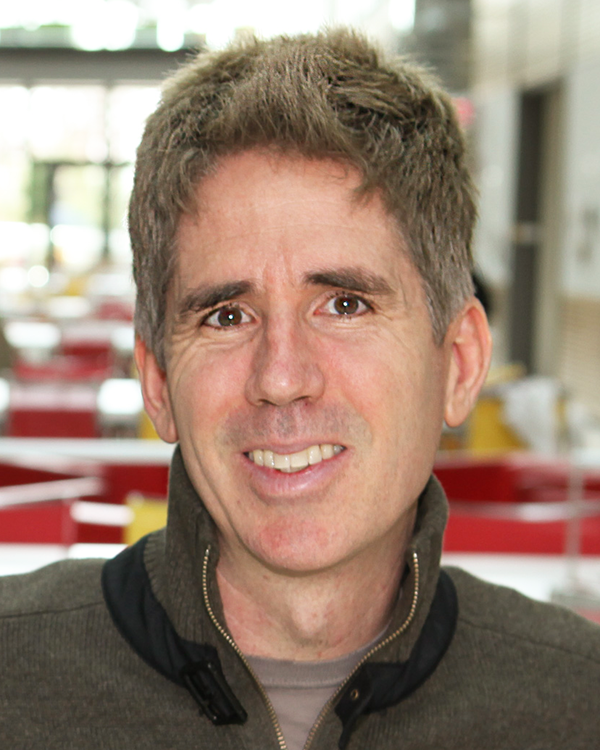
Rabinowitz Lab, P.I. Joshua Rabinowitz:
“Take the time to learn. Graduate school is in part an opportunity to do groundbreaking research, but it’s also a time to build your knowledge base for the rest of your career. Don’t shortchange that second part. Take an extra class. Spend time to learn something deeply. That will pay off for the rest of your career. When you’re in lab, focus. Work hard, and work hard on something that is important.”
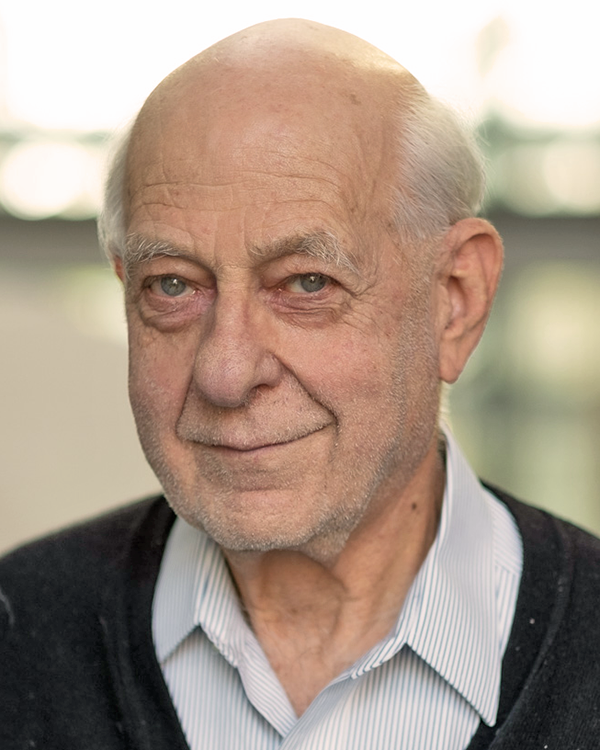
Rabitz Research Group, P.I. Herschel Rabitz:
“I tell students that I have my question drawer where one out of 10 ideas, thoughts, directions that I write down actually see fruition. Because they need to expect failure in terms of concepts. Ask how your ideas and plans fit into the larger scheme of science and don’t be afraid to go in a direction where there isn’t precedent. That’s exciting. That’s the frontier. That’s where we want to be.”
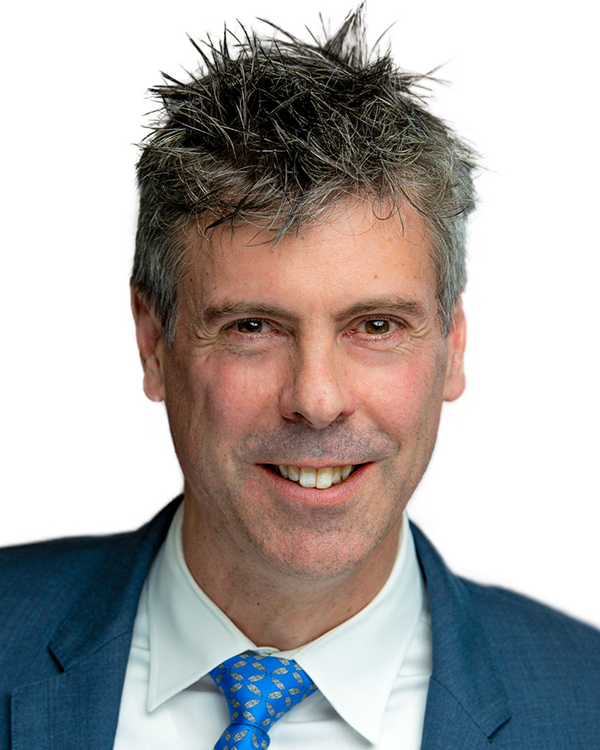
Scholes Lab, P.I. Greg Scholes:
“Some advice that I’ve been known to give quite a lot is, if it’s easy, everyone would do it. In other words, you need to go beyond your comfort zone, otherwise all you’re doing is incremental work. And this is important to realize. It should be hard. And you should have to worry about it. That means you’re doing well.”
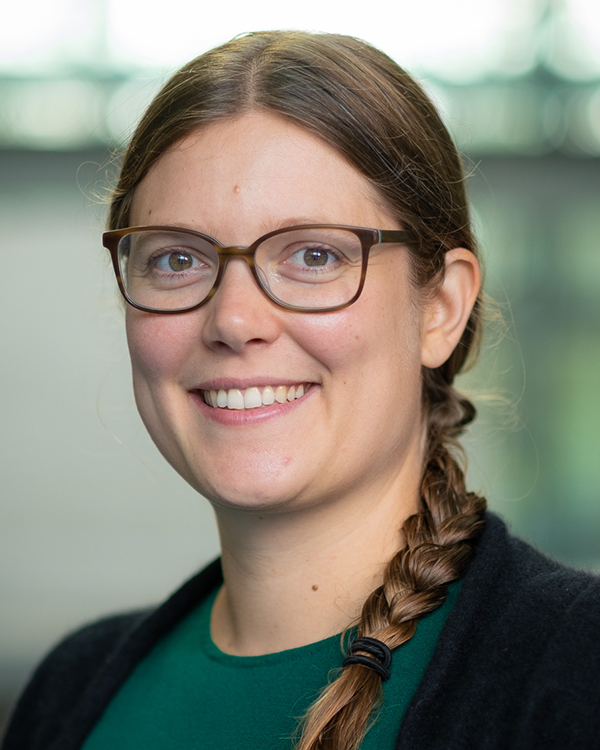
Schoop Lab, P.I. Leslie Schoop:
“What is very special about Princeton is that there are no department boundaries. I am walking to physics all the time. I am walking to engineering all the time. There is so much open discussion and collaboration. It’s a very free way of pursuing your graduate studies. It’s also a very friendly atmosphere, and I think this is also important in your graduate school life.”
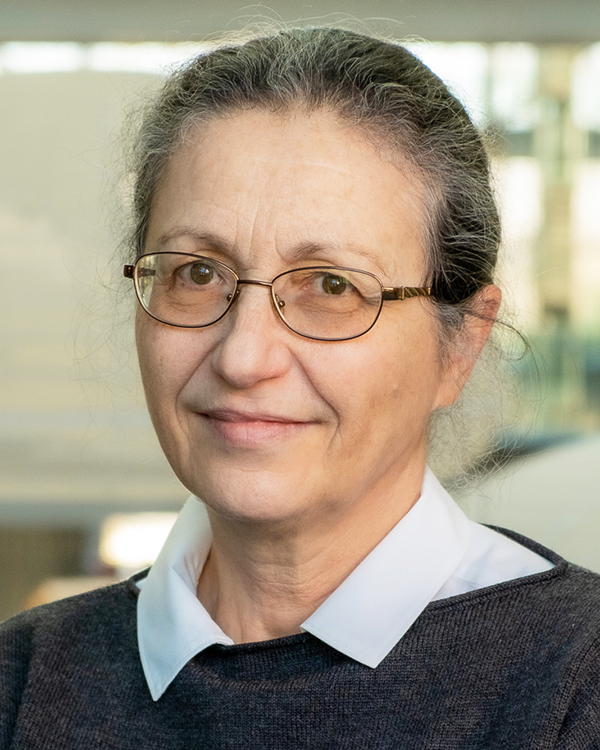
Selloni Group, P.I. Annabella Selloni:
“I like to have a little group that interacts with people directly. We are a university – it’s not a company. If I wanted to be in a company, I would be. So we do very fundamental work, and we discuss and socialize. That’s what is my vision of academia – it’s more like a craft, not like an industry.”
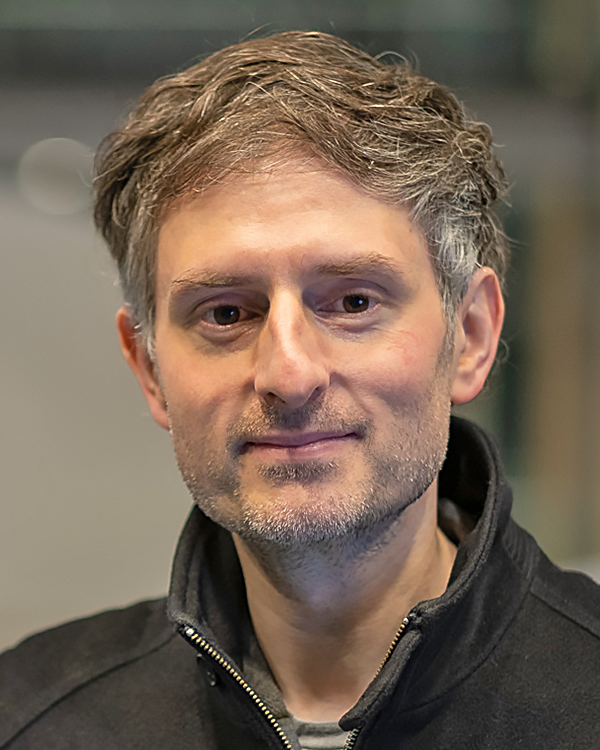
Mo Lab, P.I. Mohammad Seyedsayamdost:
“The students who typically join my research group have an inclination towards chemistry and biology. The hope is that students who complete a Ph.D. in my lab are well-versed in a number of different techniques. That would include chemical techniques. At the same time, they will be trained in biochemical techniques, as well as biological techniques. So, really two or three different areas of the biological sciences.”
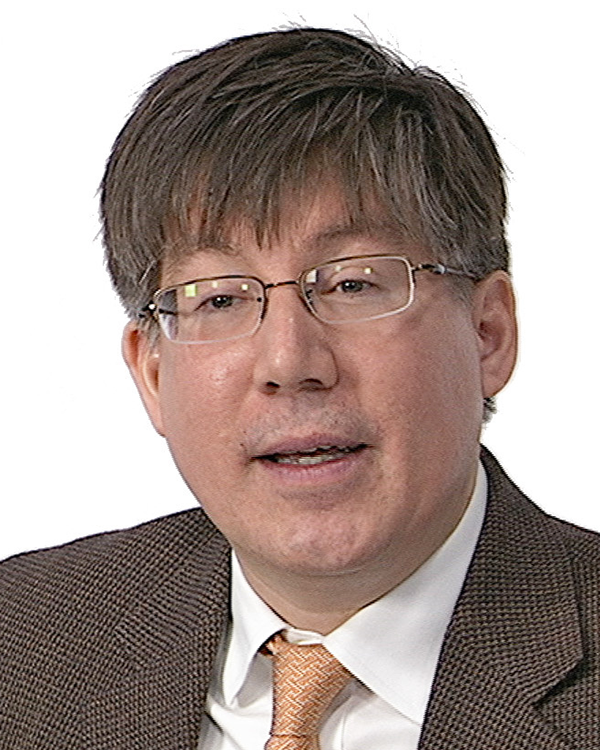
Sorensen Lab, P.I. Erik Sorensen:
“Some of my projects have one student working on a particular project. Others are a bit more involved, so I have more than one student, or a student and a postdoctoral scientist working together. But it all works great, and the environment in my opinion is very healthy. I’m actively involved with my group but not too involved, so they have plenty of room to exercise their own creativity and independence.”
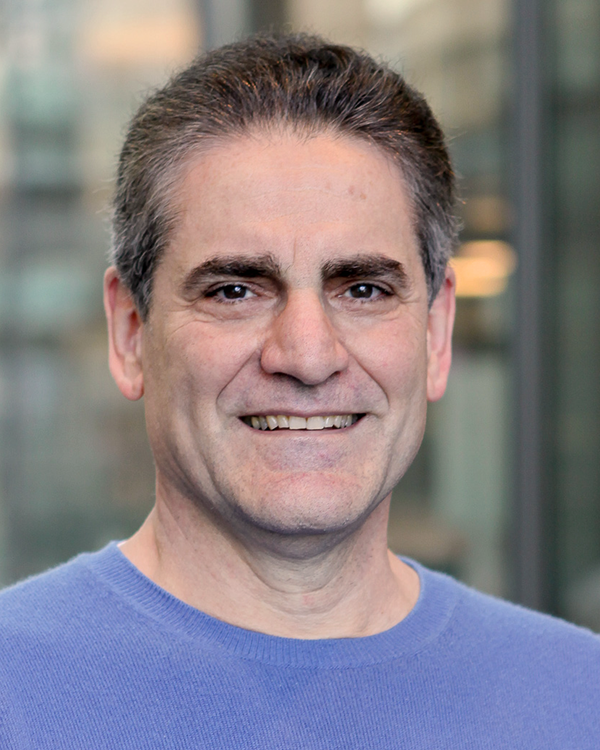
Torquato Group, P.I. Salvatore Torquato:
“I tailor problems to the particular skills of the graduate students. I tend to give them several problems that I think they might enjoy doing, problems that are well-defined, but also problems whose outcomes if they’re successful would be of interest to people in the field. And then they select from those problems, and tell me, from these problems this is what I would really like to work on.”
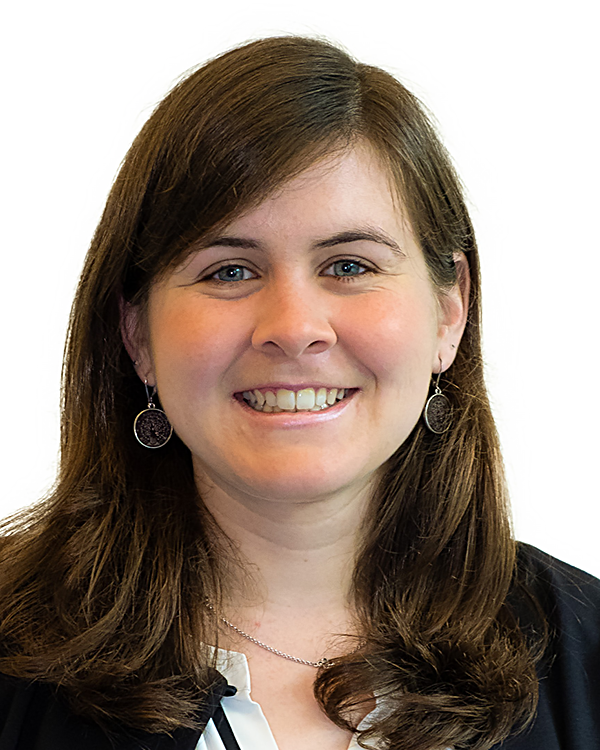
Weichman Lab, P.I. Marissa Weichman:
“Some of the best advice I got when I started grad school was very simple: don’t be afraid to ask lots of questions. The collaborative, friendly community at Princeton chemistry is highly supportive of this kind of inquiry. For anyone joining a group or embarking on a new project: relish the chance to hone in on what you don’t yet understand and learn from those around you.”
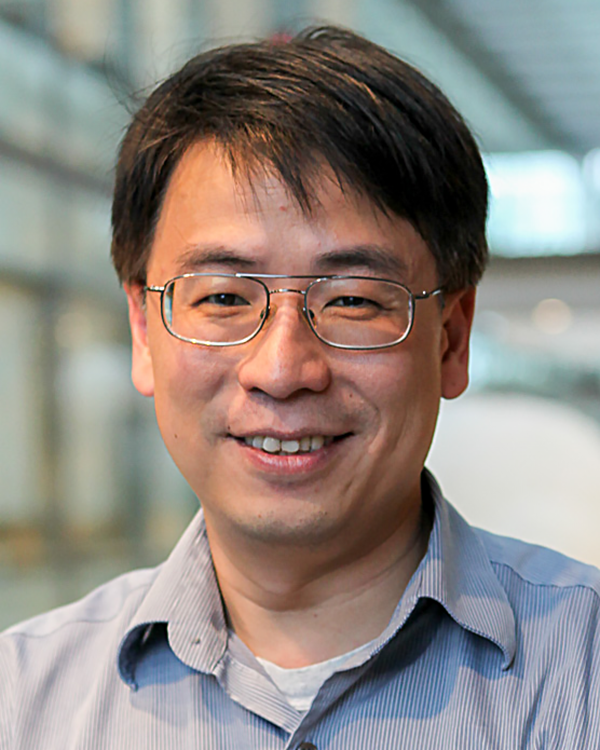
Haw Yang Lab, P.I. Haw Yang:
“Encouraging creativity is beyond chemistry … it’s a Princeton thing. Chemistry is part of it, of course. I am very proud to be a member of the chemistry department, and chemistry has its own culture. But you have to look at Princeton as a whole. It’s a very unique environment. It’s a perfect blend of creativity and also cutting-edge research, but grounded in truly scholarly work. And it’s difficult. I’m proud to be part of it.”
